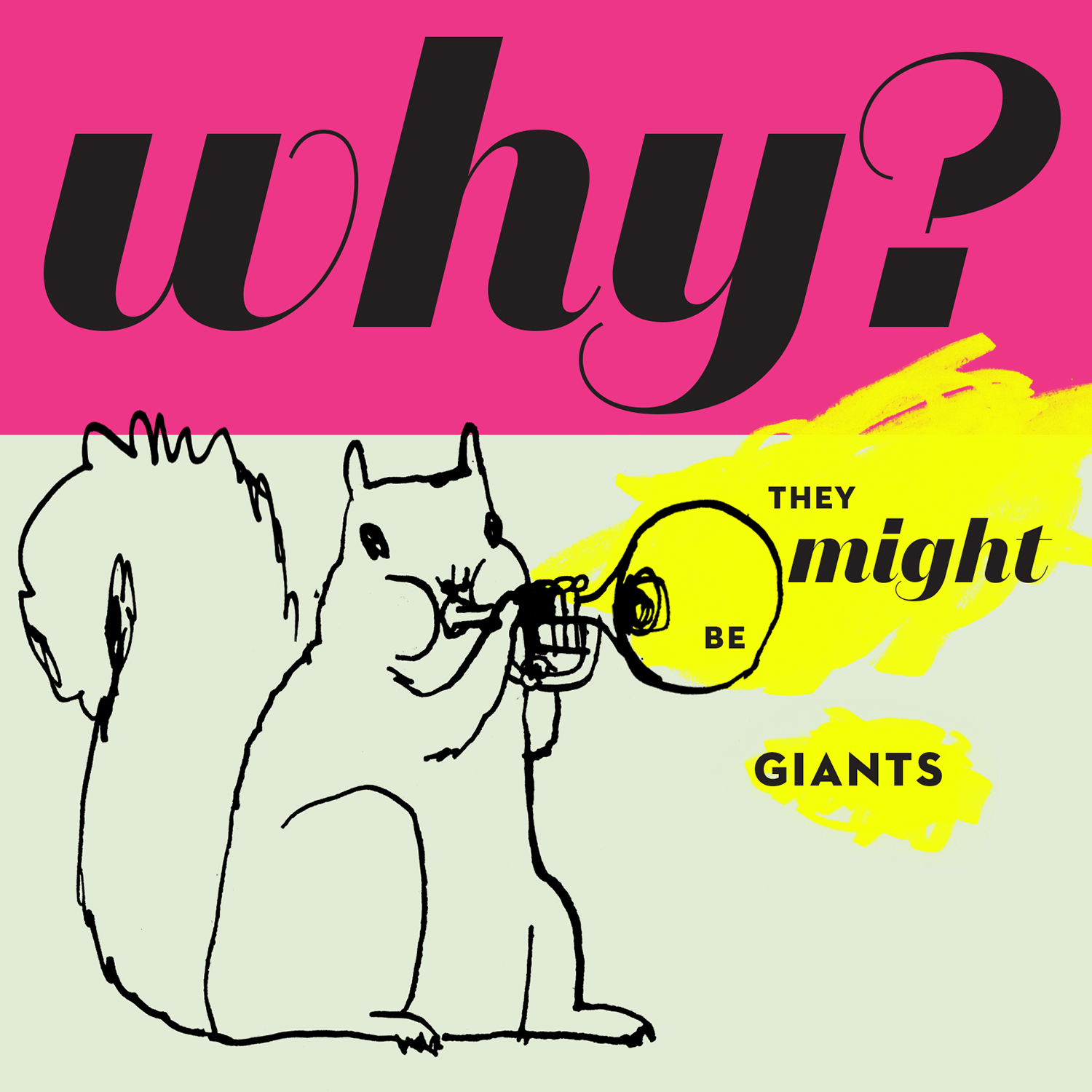
| release year | 2015 |
|---|---|
| type | kids album |
| listened to on | 2025-05-14 |
| new to me? | yes |
| favorite | Out Of A Tree |
| links | tmbw |
Per the way we usually write about kids' albums, I don't really have much to say about this one. It's good, genuinely — a lot better than the Here Come The... albums released on Disney Sound. I enjoyed it. If No! is about manic childlike innocence, then this one's more of a Calvin and Hobbes perspective on everything. It's got actual nuance. Neat.
Anyway.
I'm going to take the opportunity here to answer the question in the title. Why? Why are we doing this? When we did the TMG listen-through last year, we didn't write any long-winded stuff except for Taboo VI: The Homecoming, where we resolved to buy a keyboard. (We didn't, but we have a keyboard now). We, by all means, do not have to do any of this. We don't have to do the write-ups for sure, we didn't last time. We don't have to listen to any of these albums! So, what's missing?
Well, we thought we were missing out on a lot of TMBG. But that's not the whole of it; if that was the case, we'd just have listened to all these albums alone. Why the writeups? What's missing?
The more time we spend with this, the more we begin to conceive of it less as a "fun thing" and more as a genuine project of semi-critical analysis. I can't call it critical analysis, we don't edit these at all. But we don't see anyone leaning into the meta-text of They Might Be Giants nearly as much as we have here; the 33 1/3 on Flood gets close, but that's localized to an album. Where is the analysis of They Might Be Giants as the artistic project, with the album as the atomic unit? It's almost like the albums are taken for granted.
Song-level analysis doesn't reify much information, it's all on the level of decoding; "actually X is Y, that's weird". Look at TMBW interpretations if you want this. The metatext read of They Might Be Giants is just that; it's a read, an interpretation, a way of seeing. But we genuinely believe that this way of seeing is insightful and says a lot about the band.
I want to clarify that when we talk about stuff like death, and the death of They Might Be Giants, we're attempting to avoid saying what the Johns feel. We don't know what the Johns feel; we only know what the band feels, where the band is not a set of people but an artistic project. Under this lens, there is a drought of writing on They Might Be Giants. Hopefully this patches some of that up.